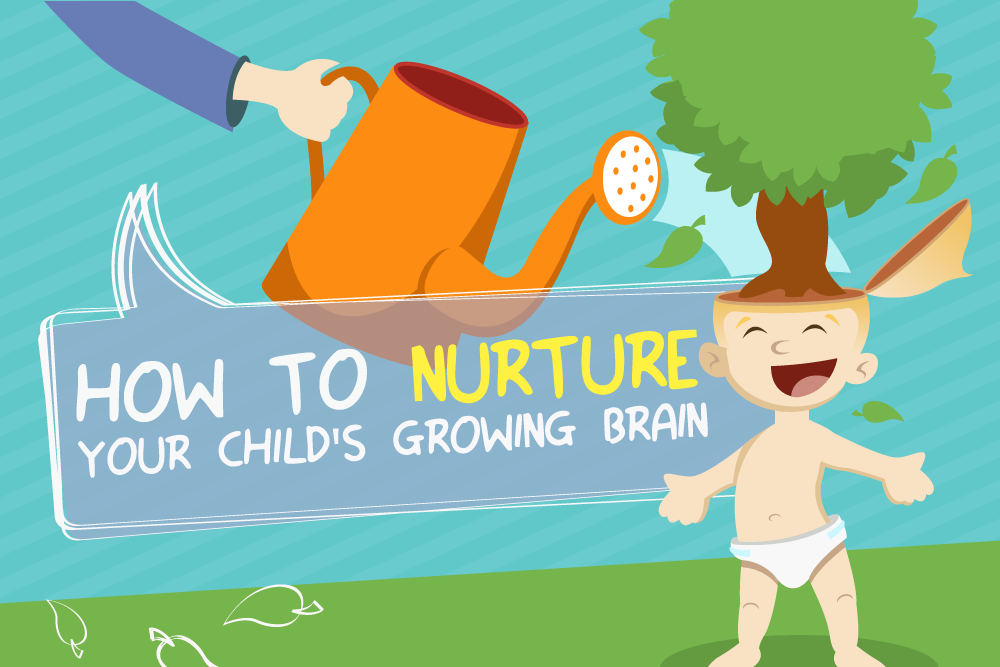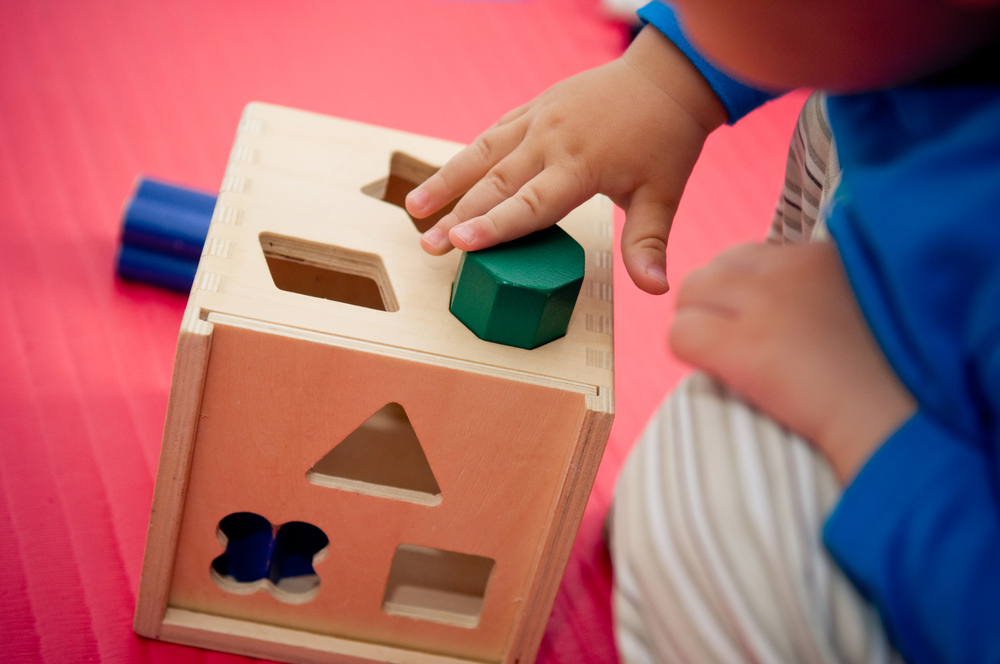Not every kid may need help with things like reading or feeling excited about school, and the same goes for social skills. While some kids are naturally social and are skilled at it, other children may need a little help getting out the door. Some kids vary depending on their age or temperament, and others may vary in sociability depending on their home environment or other developmental factors. It helps to know where your child stands and what they may need your help with.
Generally, kids will have developed certain types of skills by certain ages. For example, kids who are 2-3 years old will generally be able to walk on their own, but they will also exhibit social behaviors such as seeking the attention of others or signaling social interaction with the basic “hi” and “bye” verbal cues. If your child does not quite align with the norm, then you will want to look into why that is and address it. Each child is different, but developing key social skills can be more easily helped with encouragement and positive reinforcement.
Social Interaction
It’s important that kids be around other kids. The way a child interacts with their p eers will be different than how they interact with adults, and kids who are not exposed to other children may have a difficult time finding common ground or knowing how to relate to others their age. This is a common problem in children who may be an only child or have few cousins and other relatives to interact with, especially if they haven’t started school yet. If this is the case for your child, it’s important to keep things like parks, play dates and even daycare centers in mind. It’s important that kids learn and understand the social rules that apply to interacting with other kids, such as taking turns and playing games, which develop into other key skills, as they get older.
eers will be different than how they interact with adults, and kids who are not exposed to other children may have a difficult time finding common ground or knowing how to relate to others their age. This is a common problem in children who may be an only child or have few cousins and other relatives to interact with, especially if they haven’t started school yet. If this is the case for your child, it’s important to keep things like parks, play dates and even daycare centers in mind. It’s important that kids learn and understand the social rules that apply to interacting with other kids, such as taking turns and playing games, which develop into other key skills, as they get older.
Teach Empathy
Sharing and taking turns are important to the foundation of social interaction among children. Being able to play together peacefully is something that all parents and guardians, and teachers and program operators, strive for when their kids spend time with others. It helps if kids understand why sharing is an important social skill, not just that it is something they should do because their parents say so. When kids are capable of understanding others, things like sharing and other signs of compassion come easy, and friendship is fast to follow.
Nonverbal Social Skills
This part can be tricky for some kids. Kids who are on the spectrum sometimes have difficulty understanding this aspect of social interaction with children and adults. However, there are ways in which you can help kids learn more about nonverbal cues and what they mean, as well as what these micro-gestures communicate. Sometimes, nonverbal actions are subconscious, but not always. They can lend insight as to what a person is feeling or thinking, even if they are not saying anything at all. Things like eye contact, body language, use of personal space and facial expressions can all say a lot about a person. What can actually help these skills are kid-friendly television shows and other programs. Many animators and actors on these programs exaggerate facial expressions and other gestures so that they are more recognizable to children, and therefore easier to pick-up on and understand. Though, it is important to note that the American Academy of Pediatrics suggests that kids watch TV for a maximum of two hours a day. TV can also help kids better understand and identify tone of voice, adding layers to how a person is feeling and why as well.
All of these areas of social skill and ability will differ from child to child, but it’s important that parents are able to identify the ways in which children can be social or have issues socializing with others. Sometimes, knowing where your child is struggling can help you better identify the solution, but in some cases you may need to consult a doctor or a child psychologist if your child has other needs that may need to be addressed.
Lastly, it’s important for parents and guardians to express the importance of empathy and understanding with children, and even if your child is simply shy, helping them better understand themselves and others can help to significantly improve the friendships they have and may make in the future.
Be sure to subscribe to our blog for more parenting tips and reading resources.





